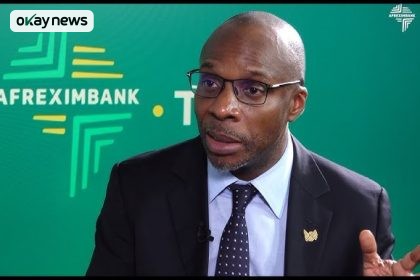Nigeria’s economy recorded a significant boost in the second quarter of 2025, with the Gross Domestic Product (GDP) expanding by 4.23 percent, according to the National Bureau of Statistics (NBS). The figure marks an improvement over the 3.48 percent growth rate in the second quarter of 2024 and the 3.13 percent recorded in the first quarter of 2025.
Special Adviser to the President on Media and Public Communication, Sunday Dare, described the new growth figures as proof that President Bola Ahmed Tinubu’s economic reforms are taking hold across multiple sectors.
“This latest NBS figure has again validated the viability of the reforms across sectors under President Bola Tinubu,” Dare stated in a post on his X (formerly Twitter) account on Monday.
Reforms Yielding Early Signs of Impact
According to Dare, the GDP growth rate underlines that recent reforms are not only viable but also beginning to deliver tangible results. The statement pointed out that the National Bureau of Statistics highlighted stronger industrial output, combined with gains in agriculture and services, as the primary drivers of this performance.
The statistics office further explained that the figure reflects the effect of Nigeria’s recent GDP rebasing, which adjusted the measurement year from 2010 to 2019, thereby including modern sectors such as financial technology, creative industries, and the digital economy.
Debt Sustainability Strengthened
Following the rebasing, Nigeria’s public debt-to-GDP ratio fell to 39.4 percent in the first quarter of 2025, compared to the higher levels previously recorded. The country’s nominal economic output was re-estimated to include informal and under-measured activities, raising Nigeria’s economic profile.
As of March 31, 2025, Nigeria’s public debt was reported at N149.39 trillion, with N78.76 trillion as domestic borrowings and N70.63 trillion as external obligations.
okay.ng reports that analysts believe the positive GDP growth trend signals improved investor confidence and offers the government more space for fiscal planning.







